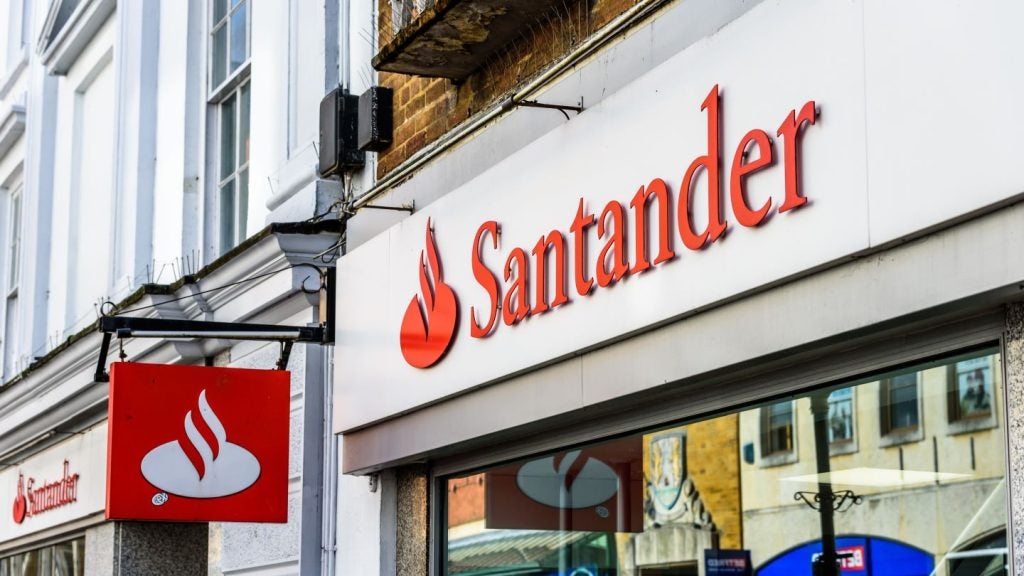The EU recently ratified a document
establishing how an international registry of aircraft will work.
This and other asset registries which are underway are likely to
have a huge impact on European leasing. Antonio Fabrizio
reports.
The thought of registering the ownership, serial number, model,
even the colour in some cases, of every piece of equipment across
the whole of Europe is simply mind-boggling. There are thousands of
aircraft, millions of individual items of rolling stock, and
countless numbers of pieces of office equipment. Registering them
would be the equivalent of carrying out a census of the world’s
entire population – and doing so many times over.
Notwithstanding this, authorities
across Europe have decided to try to do exactly this, irrespective
of the costs and labour involved, and the amount of time it will
take.
This giant task is taking place in
a series of separate measures – all of which are at different
stages of development – and two of which in recent weeks reached a
crucial stage.
One of these is to do with the
registration of aircraft in Europe. The roots of this lie in the
Cape Town convention of 2001, which seeks to register some
categories of mobile assets across the globe. A large number of
countries, including China and India, have already signed up to a
protocol linked to this convention which promotes the registration
of commercial and corporate aircraft and helicopters. In April this
year, the European Commission (EC) signed up to this protocol, but
now individual member states have to ratify it to make it
effective.
This follows on the heels of the
establishment in the UK of a register, managed by Dun &
Bradstreet, the credit reference agency, which provides details of
the ownership of small and medium sized assets. Similar registries
are being considered by leasing authorities in Austria and Romania
(see box below). These registries have nothing to do with the
convention. Rather, they are being put in place as last-ditch and
long-awaited efforts to counter multiple financing frauds – a
problem which has plagued the equipment finance sector for years.
It is hoped that the aircraft and rolling stock registries will
also help to stamp-out fraud and improve the management of
insolvencies in these sectors.
How well do you really know your competitors?
Access the most comprehensive Company Profiles on the market, powered by GlobalData. Save hours of research. Gain competitive edge.

Thank you!
Your download email will arrive shortly
Not ready to buy yet? Download a free sample
We are confident about the unique quality of our Company Profiles. However, we want you to make the most beneficial decision for your business, so we offer a free sample that you can download by submitting the below form
By GlobalDataUnsurprisingly, given the scale of
the task, there are considerable limitations to both these
registries and one being considered – by way of a protocol linked
to the Cape Town – for rolling stock.
A crucial one is that it is down to
EU member states whether they wish to enforce aircraft and rolling
stock protocols. Also, UK leasing companies can volunteer to add
their assets to the FLA’s register but there is no requirement for
them to do so.
Given that European states already
have national registries for aircraft, it would appear that having
another registry would be pointless. However, some of these
national registries do not include details of who owns the mortgage
on an aircraft. Also, many national registries have largely existed
mainly to ensure planes are properly maintained.
Arguably, as countries like France
and the UK already register mortgage interests over aircraft,
having another, albeit international, one amounts to an extra
burden.
However, according to Kenneth Gray,
a consultant at law firm Norton Rose, having an international
registry would be useful even for countries like Britain. It would
guarantee that the ownership of a UK-registered aircraft is
recognised anywhere in the world. Such guarantees, he said, do not
exist if there is just a national register.
Nonetheless, he added: “We’ve never
had problems with the mortgage registry in the UK – theoretically
the Cape Town convention might improve on that, but will it
really?”
There is, however, one crucial
advantage for lessors whose country has signed up to the protocol.
At present, the owner of a UK-registered aircraft which is faced
with a lessee which has gone insolvent in, say, Indonesia will have
greater difficulty recovering its asset. It will be able to do so
if its member state has signed up to the aircraft protocol, and
entered details of its aircraft on the international registry.
Problems may still occur, however,
for rolling stock owners once the protocol for this type of asset
is signed up to by the EC. Any repossession of an asset by a lessor
for unpaid lease rentals could lead to paralysis in a transport
system.
To prevent that, in the Rail
Protocol there is an “exemption” which states that those
governments committing to it guarantee the leasing company that if
it does not repossess, they will pay what it would have received
had it been repossessed.
There are uncertainties over the
rolling stock register, too, the most obvious being the fact that,
unlike in the aircraft sector, there are no pre-existing rail
registers, and while the number of aircraft run into several
thousand there are millions of pieces of rolling stock.
According to Howard Rosen, chairman
of international industry group Rail Working Group (RWG),
administrators of the rail protocol are also scratching their heads
over the fact that whereas aircraft tend to have just one serial
number over the course of their lives, rolling stock has several
which change each time the stock has a new owner. The RWG, however,
is working closely with the European Railway Agency and the EC to
put in place a unique numbering system which would be applicable
worldwide.
Furthermore, the rolling stock
registry, which is due to be established in Luxembourg, is not
likely to materialise for some time yet after talks took place in
2008 between the RWG and a company looking to manage the regustry,
collapsed after several weeks. According to Rosen, this has meant
it will now be a couple of years before a registry is up and
running.
Rosen pointed to the importance of
the registers to combat fraud in the aviation and rolling stock
sectors. “It stops any situation where either accidentally or
deliberately a party tries to finance the same asset twice,” he
said. However, fraud levels are far lower than they are in the
equipment arena. The registers undoubtedly will assist in
insolvency situations and giving global recognition to the
ownership of an aircraft or train. But unlike most of the world, in
Europe there could be less political will to enforce the
protocol.







